CAS dismisses Nairo Quintana's appeal after his positive test for Tramadol
The Tramadol case comes to an end with the decision handed down by the Court of Arbitration for Sport on the appeal filed by Nairo Quintana after this substance appeared in an analysis carried out during the Tour de France, which led to his disqualification from the race and the loss of UCI points obtained during the same.
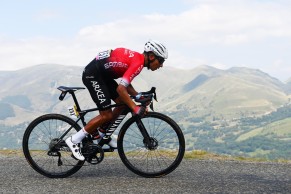
Nairo Quintana's future becomes more complicated after CAS resolution
On October 12, Nairo Quintana testified before the Court of Arbitration for Sport before which he had appealed the sanction received by the UCI after Tramadol appeared in an anti-doping control to which the Colombian cyclist was submitted during the Tour de France.
Quintana, confident of his innocence, decided to appeal the sanction to the CAS, alleging in his defense the lack of guarantees in the procedure for collecting the urine sample and, on the other hand, that the sample was analyzed in the laboratory in the Swiss city of Geneva, a center that is not accredited by the World Anti-Doping Agency to perform this type of analysis.
RECOMENDADO

The best apps for cycling and mountain biking
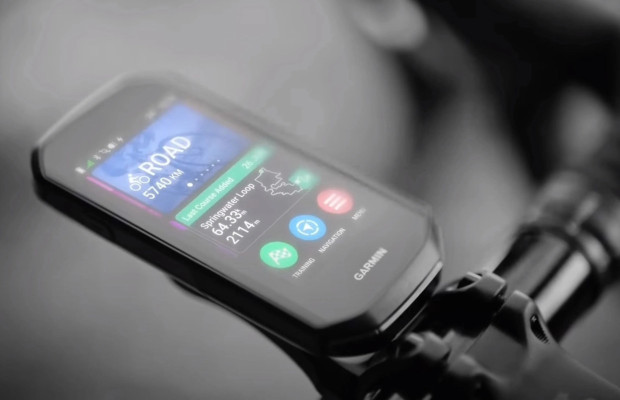
Black Friday Garmin 2025: the ultimate guide to choosing your GPS at the best price
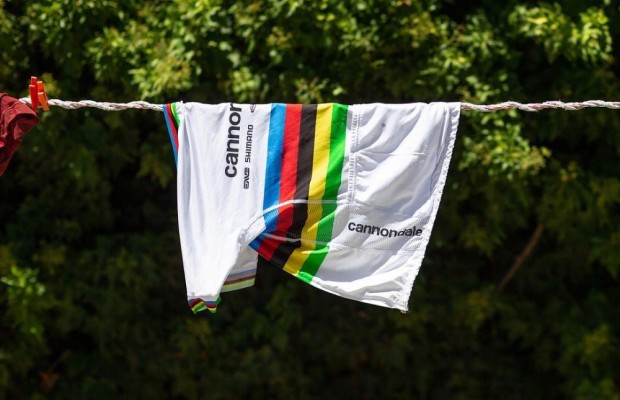
How to wash your cycling clothes? 10 keys to make them always look new

Cycling can help you fight the effects of the time switch

The real importance of signing up for a race
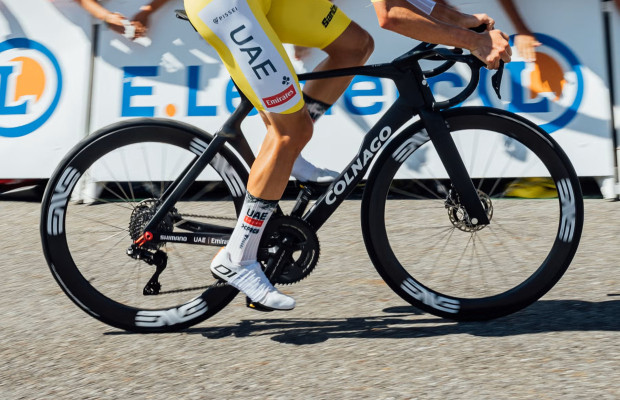
The best road bikes of 2025
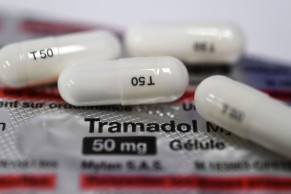
Today, finally, we have known the outcome of the case, following the decision of the CAS in which the appeal filed by Nairo Quintana is dismissed and that puts an end to the case that came to light in mid-August and ended with the rupture of the contract between the cyclist and his team, until then, the French squad Arkéa-Samsic.
Tramadol, a controversial analgesic commonly used by athletes to mitigate muscle and joint pain caused by the high demands of competitive sport at the highest level, was unilaterally banned by the International Cycling Union, blaming its side effects - drowsiness and lack of attention - for the many unexplained crashes that had been occurring in the peloton.
A substance for which only the use in competition was prohibited, the only sanction being disqualification from the competition in the event that there was no repetition on the part of the rider.
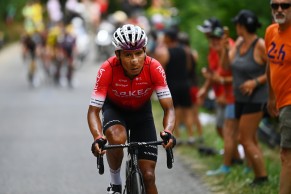
A sanction already served by Nairo Quintana and that does not prevent him from continuing to compete normally. However, after breaking the contract with Arkéa-Samsic, Nairo Quintana is left in a delicate situation, marked by the positive which means that its scope of offers available to race next season is greatly reduced.
For the time being, the teams affiliated with the Movement for a Credible Cycling, such as his former team, Arkéa-Samsic, have a zero-tolerance policy on doping, which means that his signing with them is practically a chimera. Among the remaining options, there is still the uncertainty that may arise from signing a rider with a recent positive test and who does not bring a good image to the different sponsors.
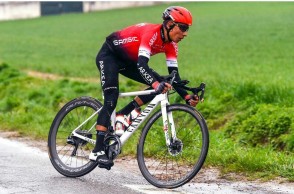
For all these reasons, the future of Nairo Quintana in cycling, a 32-year-old rider who has already passed his prime years although he is still capable of offering a great performance as he has demonstrated this season in races such as La Volta a Catalunya or the Tour de France itself, is hanging by a thread and an almost desperate search for a team at a time when most of the squads are already closed.
For its part, the UCI has welcomed the decision taken by CAS, which upholds the unilateral ban on Tramadol, a substance that will be included in the list of products banned by WADA as of next year.